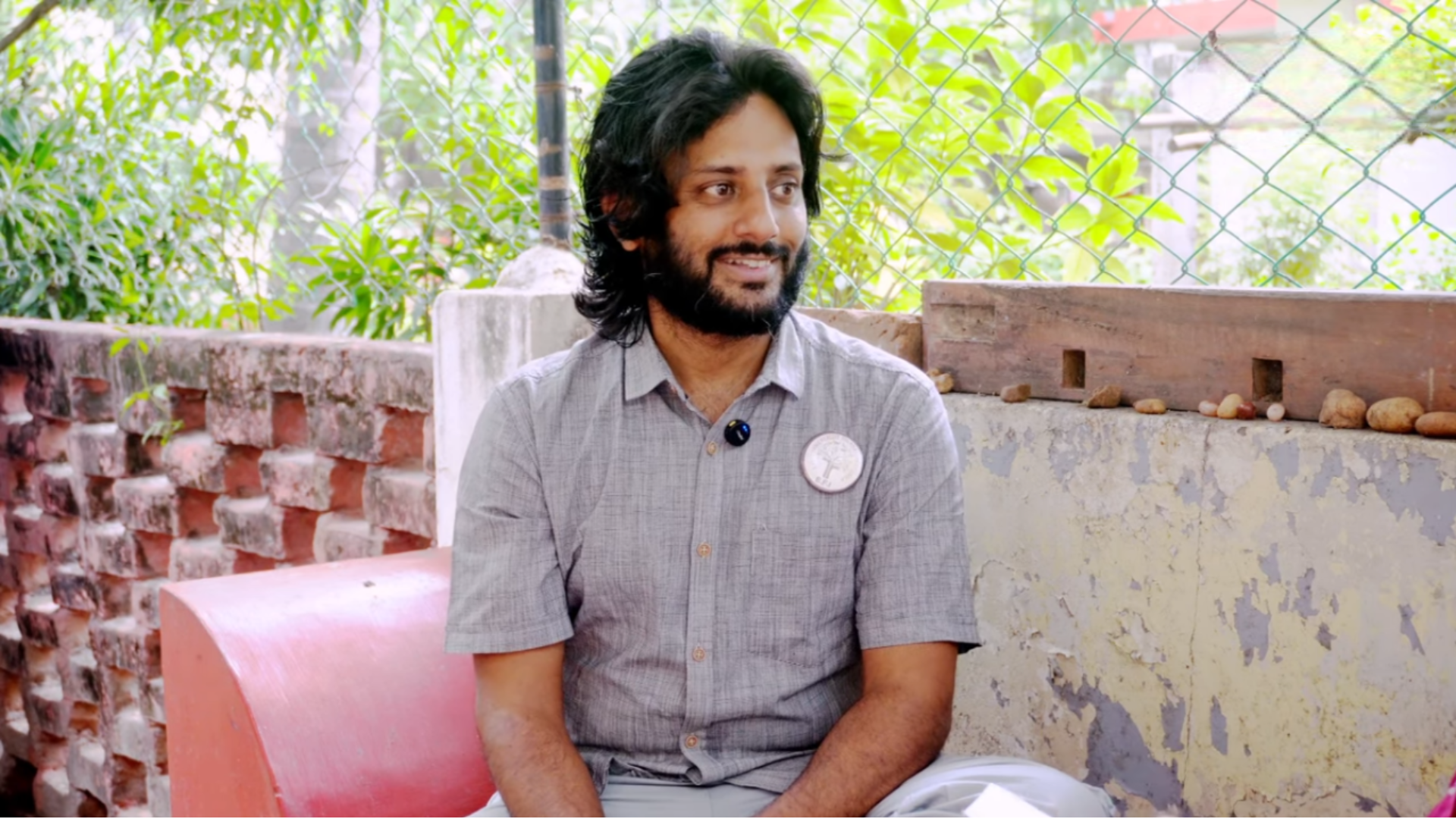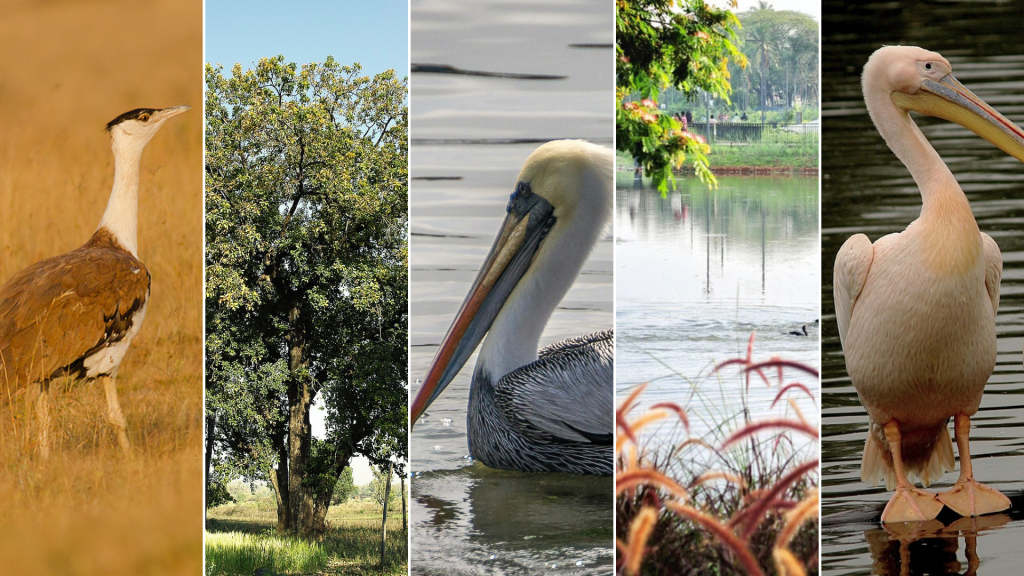
Just one drive across Adyar Bridge and you come face to face with creative and colorful wall paintings of animals such as the Common Treeshrew, Russell’s Viper, Asian Palm Civet and Common Wanderer to name a few. These paintings are designed to help people learn more about endangered species in India and bring the crucial issues of animal and environmental conservation to the forefront of our minds. This is the work of the Chennai-based organization Environmentalist Foundation of India which works in 19 states across India, implementing its on-ground conservation and habitat restoration initiatives.
Last month, we sat down with the founder of Environmentalist Foundation of India Arun Krishnamurthy, who started the organization in 2007 when he saw a polluted pond in Chennai and took it upon himself to clean up the pond. Following his heart for habitat restoration, Arun quit his job in Google and dedicated his life and career to environmental conservation. Founding Environmentalist Foundation of India, Arun Krishnamurthy and the volunteers of his organization have inspired countless people across India become more responsible and proactive in taking up ownership of the planet and life forms around us.
Our shared passion and partnership
In recording our Out Of The Box Talks podcast with Arun Krishnamurthy, United Way Chennai learned more about what we discussed with Arun: our historic connection with the Earth, native ecology, focusing on the right kind of awareness, the role of technological innovations in environmental conservation and our collective responsibilities. This 30-minute conversation takes us through Arun’s personal journey and reflects our shared passion with Environmentalist Foundation of India toward making the world and our planet a healthier, safer and better place for ourselves and future generations.
Both Environmentalist Foundation of India and United Way Chennai are passionate about the sustainable and long term impact of our environment conservation projects. United Way Chennai’s environment program is called Project Valam, which refers to the natural richness of the Earth, in Tamil. Over the years, United Way Chennai has restored water bodies, built water tanks, installed solar street lights, tree plantation, electrification of schools and more. The impact of Project Valam goes beyond a singular objective and prioritizes reaching people’s minds and joining hands with fellow organizations with the same goals and aims.
What are those?
While speaking with Arun of Environmentalist Foundation of India, we – as we hope you will – learned about important species and effective initiatives that we want to share with you. The Great Indian Bustard is a bird species that is, as the name suggests, found in grasslands across India. The Great Indian Bustard is categorized as a critically endangered species and there only are an estimated 200 birds left on Earth. But recent conservation efforts in India have seen more hatchlings being born and a slight increase in its population, which is good news for this impressive bird that is native to the Indian subcontinent.

In addition to endangered species, there are other native species whose future will benefit from the interest that we take in their existence. Two such birds that Arun talked about in the podcast that also breed in South Asia from other regions are the Spot Billed Pelican also known as the Gray Pelican and the Great White Pelican also known as the Rosy Pelican. Both of these birds are found in India, can be spotted in Pallikaranai and Kovalam, respectively. Taking an interest in native species is the first step toward ensuring that human behaviour such as hunting and urbanization does not result in the decline in the population of these species.
But native species are not about animals alone. EFI plants the Mahua tree on its tree plantation drives and is also its Tree of the Year this 2025. What’s special about this tree? Local communities rely on the Mahua tree for its flowers being used as a natural sweetener, its leaves being used to make flour and for its medicinal properties. In response to natural disasters such as floods, EFI runs initiatives such as sponge parks. These are manmade wetlands that absorb and store excess water which is then released as rainwater. This mimics natural water bodies and was an effective solution to the floodwaters resulting from Cyclone Michuang.
Listen to our podcast with Arun
Once we wrapped up our conversation with Arun for our podcast, this quote came to mind that I once heard in a video game: we do not inherit the Earth from our ancestors; we borrow it from our children. What does this mean for each of us? Could it be that the state of our planet and all of its life forms is in our hands? We have often heard that without just one of our species, bees for instance, the food chain and life as we know it would collapse. This is a doomsday scenario that most of us would want to avoid, but that shouldn’t be the only reason to care for our planet. We should because we are the species best suited for the responsibility.
We encourage you to watch or to our podcast with Arun Krishnamurthy and let us know in the comments below what you have learned, what has changed your thoughts and how you feel inspired or encouraged to be more proactive toward being better custodians of our planet and all its species – including us.



